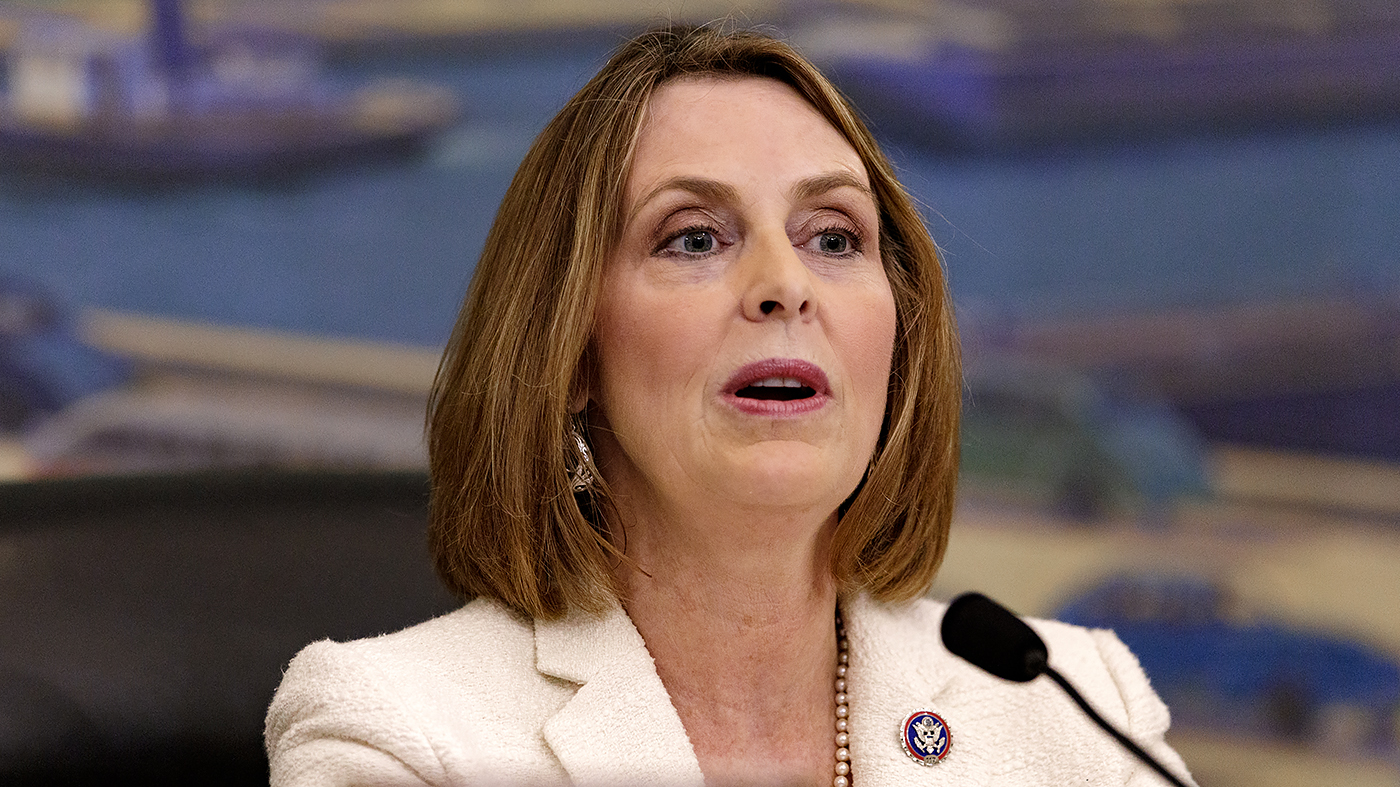
House Democrats who sat on the Select Committee on the Climate Crisis released a report this week and proclaimed they delivered on their pledge to urgently address the costly climate crisis.
Chair Kathy castor released Solving the Climate Crisis 2022: Key Accomplishments and Additional Opportunities, a majority staff report highlighting key accomplishments made by Congress to address the climate crisis and additional opportunities for future Congresses. The report follows up on the Select Committee’s Climate Crisis Action Plan, released in 2020.
The new report highlights the progress made by House Democrats to reduce heat-trapping pollution, lower energy costs, and create good-paying jobs across America by addressing the climate crisis and deploying cleaner, cheaper energy. It also outlines progress made to help communities adapt to climate impacts and become more resilient in the face of worsening extreme weather events.
Those accomplishments include investments in bills like the Inflation Reduction Act, the Bipartisan Infrastructure Law, the CHIPS & Science Act, the Energy Act of 2020, the yearly appropriations bills, the National Defense Authorization Act, and more.
“House Democrats have delivered on their pledge to urgently address the costly climate crisis, paving the way for lower costs, good-paying jobs, and reduced pollution,” said Chair Castor. “Under the leadership of Speaker Pelosi, we’ve turned more than 300 of the recommendations in our Climate Crisis Action Plan into law – and we’re ready to keep our foot on the electric pedal and keep making progress on solving the climate crisis.
“As House Republicans prepare to dismantle our climate committee, our progress and new report should inspire Americans to continue the fight for cleaner, cheaper energy and more resilient communities – guided by science, rooted in justice, and powered by American workers.”
Some of the key accomplishments highlighted in the new report include:
- Laying the foundation to slash pollution across the board with tax credits that will drive investment in affordable clean energy, electric vehicles made in America, and cost-saving energy efficiency technologies;
- A massive down payment on the electrification of the entire economy, with substantial investments and policy changes in electric transmission and a historic deployment of electric vehicle charging infrastructure;
- Making environmental justice a cornerstone of climate action, with a focus on stronger enforcement of environmental laws and increasing investments to EJ communities, including rural and tribal communities;
- Creating good-paying jobs for American workers as a key aspect of solving the climate crisis, with tax incentives that provide bonuses for high-road labor standards;
- Transformational incentives for domestic manufacturing of climate solutions to enhance American economic competitiveness and investments in clean energy demonstrations to commercialize advanced technologies;
- A cross-cutting approach to reducing methane pollution from the oil and gas sector, including the first-ever Methane Emissions Reduction Program;
- Transforming and strengthening our nation’s core infrastructure from every corner, including transportation, clean water, broadband, and a reliable electric grid that can increasingly withstand climate impacts;
- Making unprecedented investments to deploy natural climate solutions, expanding conservation measures and harnessing the power of our lands and waters to capture heat-trapping pollution and boost resilience;
- Advancing climate science within the federal government, improving earth observations and data collection, climate and oceanic research, and emissions measurements;
- Working to protect the health of all Americans, reducing air and climate pollution and directing funding for disadvantaged communities to help reduce impacts on public health;
- Reaffirming America’s leadership role in global efforts to reduce heat-trapping pollution and help vulnerable communities adapt to climate impacts; and
- Confronting the national security implications of the climate crisis, advancing mitigation and resilience for our nation’s military, prioritizing energy resilience and security, and increasing preparedness for personnel, operations, and installations.
The new report also highlights additional opportunities for future Congresses to address the climate crisis, including the need for:
- A comprehensive transmission strategy to meet the increased electric load from electrification of vehicles, buildings, and industrial processes;
- A Clean Electricity Standard, Zero Emission Vehicle sales standards, and other sector-specific standards to provide certainty for investments in pollution reduction;
- A comprehensive approach to critical minerals sourcing and recycling, including updating outdated mining laws to ensure critical minerals are secured in an environmentally, economically, and socially responsible way;
- Continued investments in research for hard-to-decarbonize sectors like off-road transportation and industry, and for carbon removal;
- Improving community engagement in the permitting process, addressing the cumulative impacts of plastic production and disposal in fenceline communities, and supporting efforts to strengthen the environmental justice focus of agencies;
- Increasing support for workforce development and communities experiencing energy transitions, including through registered apprenticeships and a reimagined Civilian Conservation Corps, and ensuring all workers are protected by securing strong labor standards, especially during any extreme weather conditions or events;
- A National Adaptation and Resilience Plan, including strategies to advance climate science and tools, expand technical assistance to improve planning and access to federal programs, and prioritize investments in environmental justice communities;
- Advancing resilience-based codes and standards against rising flood, wildfire, and extreme weather risks, and accelerating disaster recovery and bridging the resilience and protection gap for communities at greatest risk;
- Implementing nature-based solutions on public, private, and working lands and waters, enshrining climate mitigation and adaptation in federal natural resource and land management, and protecting and conserving at least 30% of lands and waters;
- Increasing research on climate and public health impacts, prioritizing health equity in federal planning for climate impacts on the healthcare sector and public health, recognizing the disproportionate burden on disadvantaged communities; and ensuring all health sector infrastructure is resilient to the impacts of climate change;
- Fulfilling our commitments to mobilize climate finance for developing countries, and expanding diplomatic, humanitarian, and military capacity to address climate issues; and
- Embedding climate considerations into all facets of national security and defense policy, including acquisitions, vehicles, technologies, construction, and other approaches.






